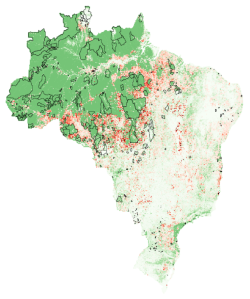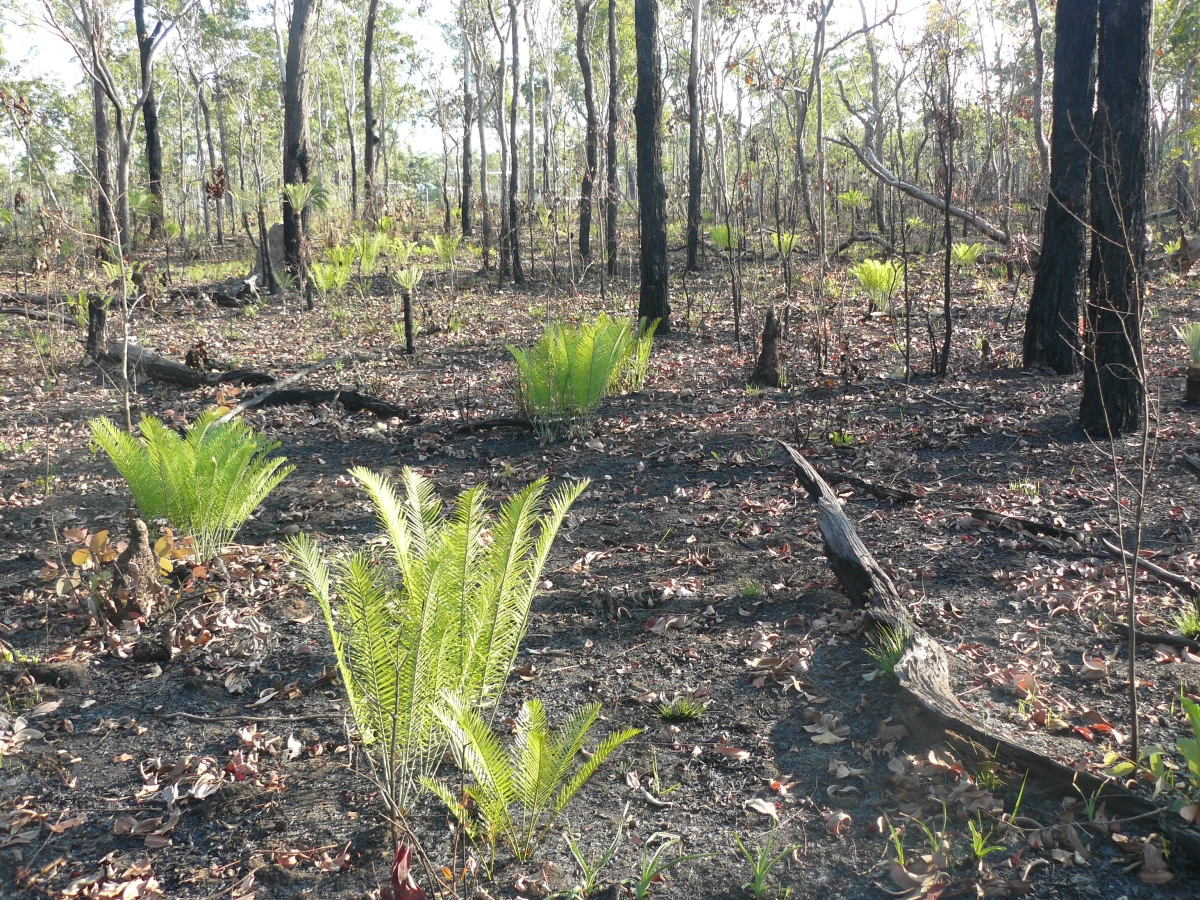The conservation, environment, and sustainability literature is rife with the term ‘collapse’, applied to concepts as diverse as species extinction to the complete breakdown of civilisation. I have also struggled with its various meanings and implications, so I’m going to attempt to provide some clarity on collapse for my own and hopefully some others’ benefit.

From a strictly ecological perspective, ‘collapse’ could be described in the following (paraphrased) ways:
- abrupt transition of one ecosystem state to another, usually invoking the idea that something has declined in the process (species richness, beta diversity, functional diversity, trophic network connectance, trait volume, production, etc.);
- extinction of infrastructure/key species that then precipitates co-extinction cascades;
- variation in some ecosystem indicator beyond normal, long-term variation;
- some ecosystem indicator that is forced ‘outside a safe operating space‘;
- “a change from a baseline state beyond the point where an ecosystem has lost key defining features and functions, and is characterised by declining spatial extent, increased environmental degradation, decreases in, or loss of, key species, disruption of biotic processes, and ultimately loss of ecosystem services and functions“
- in fisheries, a sustained period of low catches following a period of high catches;
- “A theoretical threshold, beyond which an ecosystem no longer sustains most of its characteristic native biota or no longer sustains the abundance of biota that have a key role in ecosystem organization“
But there is still nor formal definition of ‘collapse’ in ecology, as identified by several researchers (Keith et al. 2013; Boitani et al. 2015; Keith et al. 2015; Sato and Lindenmayer 2017; Bland et al. 2018). While this oversight has been discussed extensively with respect to quantifying changes, I can find nothing in the literature that attempts a generalisable definition of what collapse should mean. Perhaps this is because it is not possible to identify a definition that is sufficiently generalisable, something that Boitani et al. (2015) described with this statement:
“The definition of collapse is so vague that in practice it will be possible (and often necessary) to define collapse separately for each ecosystem, using a variety of attributes and threshold values
Boitani et al. 2015
Despite all the work that has occurred since then, I fear we haven’t moved much beyond that conclusion.
Hell, cutting down the trees in the bush block next to my property constitutes a wholesale ‘collapse’ of the microcommunity of species using that patch of bush. An asteroid hitting the Earth and causing a mass extinction is also collapse. And everything in-between.
But at least ecologists have made some attempts to define and quantify collapse, even if an acceptable definition has not been forthcoming. The sustainability and broader environment literature has not even done that.
Read the rest of this entry »



